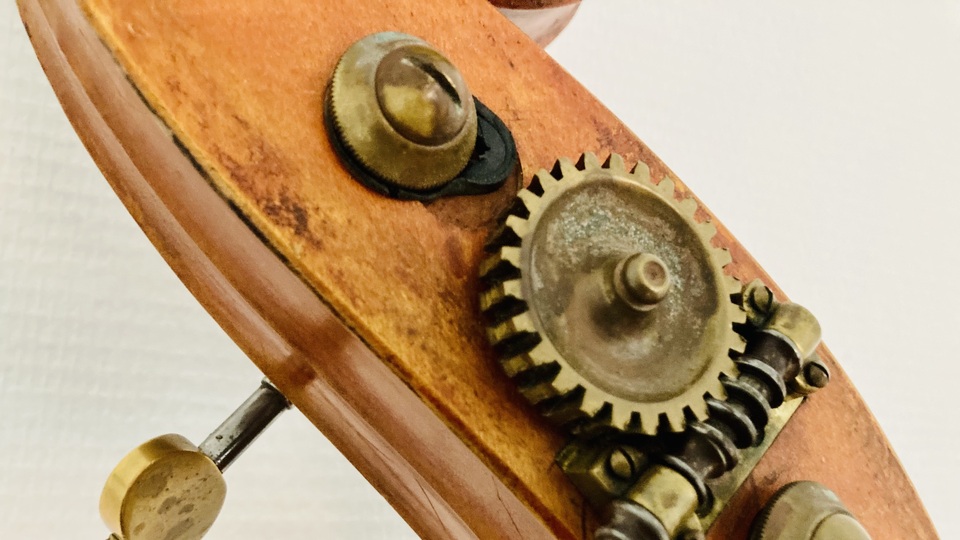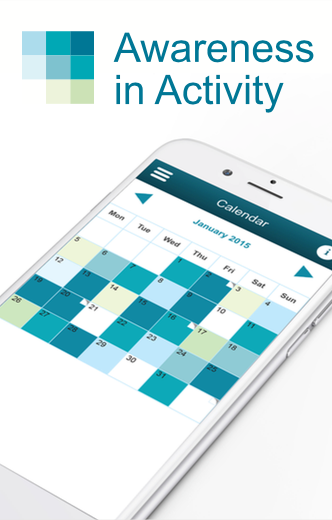IEEE Transactions on Neural Systems and Rehabilitation Engineering, VOL. 25, NO. 4, April 2017
Proactive Selective Inhibition Targeted at the Neck Muscles: This Proximal Constraint Facilitates Learning and Regulates Global Control
Text: Elyse Shafarman, The Body Project
An elegant new study by Professor Ian Loram’s group in the UK demonstrates that stopping neck tension improves coordination of the whole body.
Participants used ultrasound biofeedback to monitor activity of neck muscles while playing violin – as well as other less complex tasks. Results showed that when participants reduced activation in the neck they spontaneously changed the movement of their whole body in ways that both increased efficiency and balance. These results support the main thesis of the Alexander Technique: Our necks exert a global controlling influence (for good or ill) on the quality of our movement. Results also showed that conscious monitoring of movement did not impair performance, a finding that conflicts with previous research, but supports F.M. Alexander’s thesis that conscious control of movement is desirable.
Based on these results, try to reduce tension in your neck muscles and see if that improves your movement quality.
But how do you stop tension in the neck muscles without biofeedback?
The short answer is to send a message from your brain to your muscles to let go. I like to imagine that I have a dial labeled “Neck” in my brain that I can turn from high to low. The key is to use your imagination, or really your mind. This finely honed connection between thought and body reaction is something that students learn in Alexander lessons.
The longer answer is to:
(1) Stop whatever it is that you are doing (or thinking) that is causing the tension. Observe how the tension is related to a stimulus. Your tension is caused by the way you react – it is not who you are.
(2) Engage in the activity or thought that causes tension. Observe how you are tensing. A mirror or video camera would be useful. External feedback is necessary because our feelings our often not accurate.
(3) Once you know which parts of yourself might be overworking, you can more easily instruct those parts to calm down.
Calling your local Alexander Teacher might be a the fastest way of figuring this out in the absence of access to ultrasound biofeedback.







